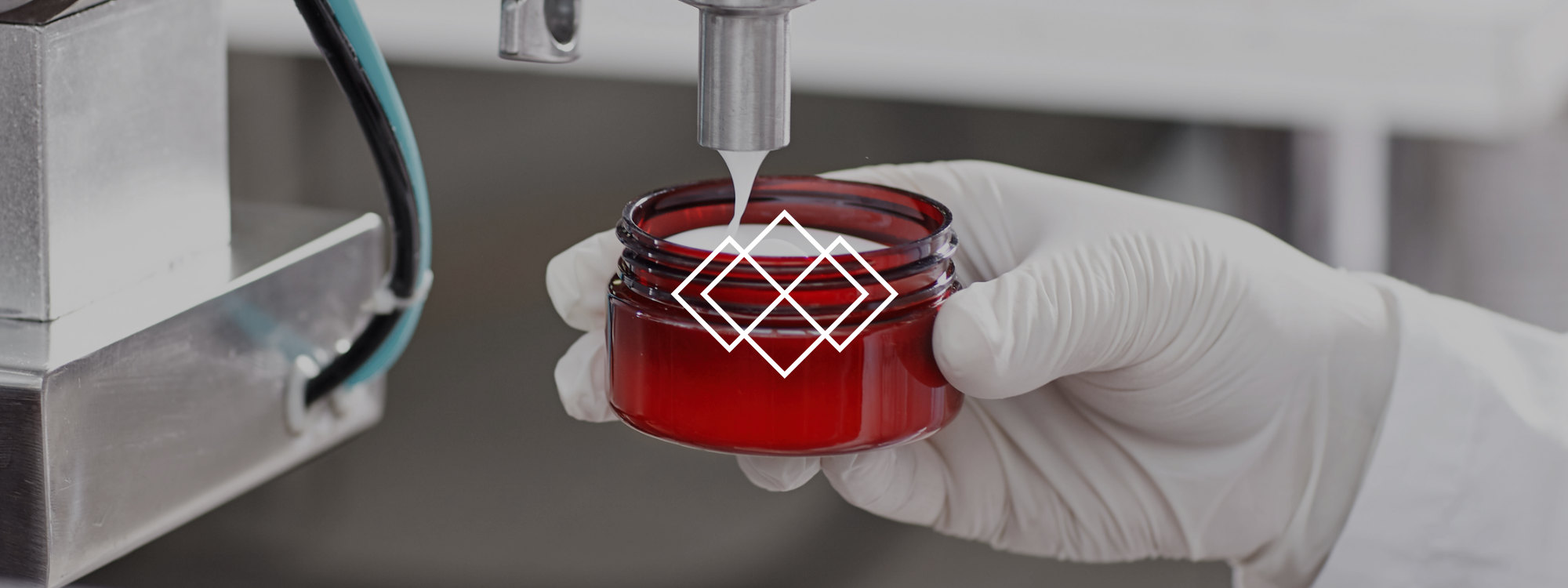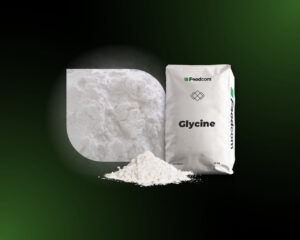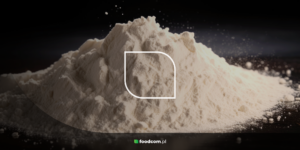- Amino Acids are organic chemical compounds and basic components of proteins.
- They are used in the production of dietary supplements, medicines, food and feed, but are also increasingly used in cosmetics.
- Amino Acids help to moisturize the skin, regenerate cells and reduce wrinkles.
- Glycine, Lysine, Threonine and Taurine are popular Amino Acids used in cosmetics.
Amino Acids have many important functions in organisms and their use in cosmetic products has increased recently. What is the exact use of Amino Acids in cosmetics? If you want to find out, be sure to read our article below.
What are Amino Acids?
Amino Acids are organic chemical compounds that are the basic components of proteins. Each Amino Acid consists of an amino group, a carboxyl group, and a side chain (different for different Amino Acids). There are about 20 types of Amino Acids that are important for the structure and function of the body.
Some Amino Acids occur naturally in food and living organisms. However, they are also obtained synthetically through chemical reactions and are still safe for the skin. In addition, synthetic Amino Acids have been found to moisturize the skin better than those of animal or plant origin.
Amino Acids are very important ingredients in industry. Because of their functions, they are often used in the production of dietary supplements and medicines. They are also nutritional additives in the food and feed industry.
Amino Acids in cosmetics – benefits
A popular application of Amino Acids is their use in the manufacture of cosmetics. Since skin, hair and nails are mainly composed of proteins, Amino Acids play an important role in maintaining their health. They provide important nutrients that promote regeneration, hydration and protection.
Amino Acids help maintain the skin’s moisture content by binding and retaining moisture. They also support the regeneration processes of skin cells, which helps to improve the appearance and condition of the skin.
By stimulating the production of Collagen, Amino Acids also help improve skin elasticity and reduce the appearance of wrinkles. They also help to increase the firmness of the skin, making it smoother and firmer.
In hair products, Amino Acids play an important role in maintaining a healthy hair structure. They form intercellular compounds that provide elasticity and strength. This makes the hair less prone to breakage and split ends. They also contribute to the regeneration of hair and protect it from harmful external factors.
Amino Acids are natural ingredients and are well tolerated by the skin and hair. They are safe to use and rarely cause irritation or allergies.
Amino Acids in cosmetic products – applications
Amino Acids are found in many different types of cosmetics. Because they help moisturize the skin and improve its elasticity, they are often added to moisturizers, anti-aging creams and facial lotions. They are also found in the formulation of shampoos and hair conditioners, masks, and facial and body scrubs.
Among the many ingredients we can find in cosmetics, Glycine, Lysine, Threonine and Taurine are extremely popular for their skin-conditioning properties and benefits. Below you will find their use in cosmetic products.
Glycine
Glycine is an Amino Acid found in the body that comes in the form of a white powder with a slightly sweet taste. It is one of the ingredients that make up NMF (Natural Moisturizing Factor). This means that it affects the moisture content of the skin and regulates the function of the epidermis. In addition, it is a key element in the synthesis of Collagen, which is responsible for the elasticity and tone of the skin. Glycine also has anti-inflammatory properties.
Due to its properties, Glycine is added to moisturizers, body lotions, anti-aging creams, shampoos, conditioners and hair masks.
Lysine
Lysine is an exogenous protein Amino Acid. It performs many important functions in the body. It contributes to the production of Collagen, which helps the skin maintain its elasticity and firmness. It also has a moisturizing and nourishing effect.
Lysine is an ingredient in products such as moisturizing and anti-aging creams and serums, facial toners, as well as shampoos and hair conditioners.
Threonine
Threonine is an Amino Acid involved in protein synthesis. It contributes to the production of Collagen and elastin. Thus, it makes the skin firmer, more elastic and moisturized, reduces fine lines and delays the aging process. It also strengthens the protection of the epidermis from mechanical damage and accelerates wound healing.
Threonine is found in the composition of anti-aging cosmetics, firming lotions and products against frizzy hair.
Taurine
Taurine is a biogenic Amino Acid. It is a non-protein Amino Acid, which means that it is not used for muscle building. However, it has water retaining properties in the skin, which has a positive effect on skin hydration. It also has protective, antioxidant and anti-inflammatory properties. Taurine also has the ability to synthesize Collagen.
Taurine is added to moisturizing and anti-aging cosmetics, hair care products and soaps.
Why Foodcom?
Our great team of Sales Support will help our Traders conduct the contract and business deals in a smooth and efficient way to ensure the best quality service to all our Business Partners. Our logistics team will take care of transportation and the financial department will be responsible for all matters connected with the financial part of the deal. Do not hesitate! Contact us.









